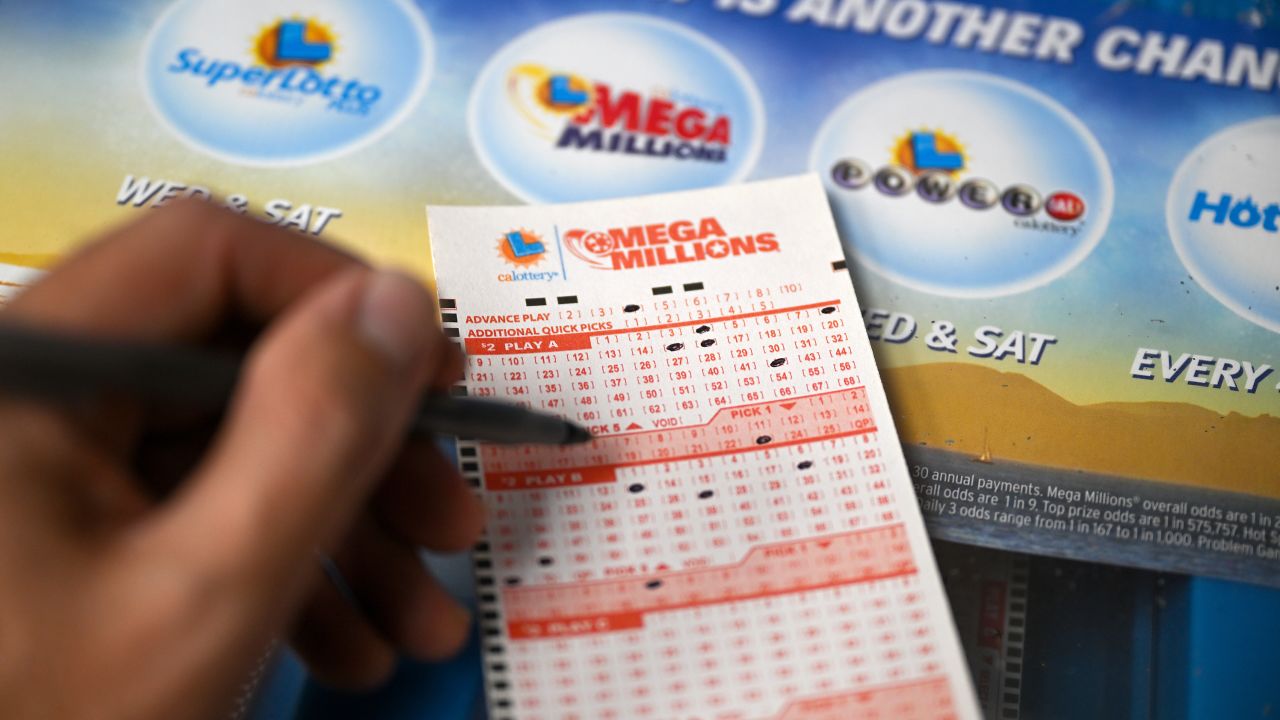
In a lottery, bettors purchase tickets with numbers or other symbols that are then submitted to a drawing for a prize. The odds of winning are usually stated before the drawing, and the winner(s) are subsequently announced. Lotteries can be held at various levels of organization, including those run by states or local governments, and are often used as a method of raising funds for a variety of purposes. For example, in the Low Countries in the 15th century, lottery sales helped to fund town fortifications and the poor.
Lotteries can be used to distribute a wide range of prizes, from small amounts for individual items or services, to large sums for public works projects. In some cases, the prizes are awarded to individuals who buy a large number of tickets, whereas in others, the winners are chosen through a random selection process. Most modern lotteries are run electronically, with bettors depositing their tickets and stakes into a computer system for shuffling and selecting the winners. Some lotteries are conducted over the Internet, which allows players from around the world to participate.
Aside from a natural human tendency to gamble, people buy lottery tickets for a number of reasons. Some are drawn to the idea of instant riches, and they can feel a sense of gratification when their ticket hits the jackpot. Others may be more influenced by the message that it’s a good thing to do because it raises money for the state, which in turn helps kids or other public services.
While lottery purchases can be explained by decision models based on expected value maximization, they can also be motivated by risk-seeking behavior and by a desire to experience a thrill. The fact that the chance of winning a particular lottery is not independent of the number of tickets purchased is another factor that can account for why some people choose to play.
The lottery is a popular form of gambling, and its popularity has grown significantly since the introduction of online gaming. While it can be difficult to determine the exact amount of money lost by players, it is estimated that over 50 million people have played the lottery in the United States alone. These figures are not inclusive of other games, such as sports betting and horse racing, which have become increasingly common in recent years.
Although many people think that playing the lottery is a waste of money, it is important to understand the risks involved. Some people will spend their entire life savings on lottery tickets, and they are often tempted by the promise that a big win will solve all of their problems. This is a dangerous lie, as the Bible warns against covetousness, which includes the desire for wealth. Instead, we should strive for a modest lifestyle and work hard to achieve our goals. By making the most of what we have, we can enjoy a fulfilling life without having to gamble away everything that we have earned.
